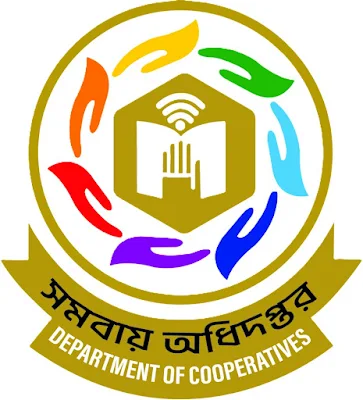The integrity of Bangladesh's
Islamic banking sector hangs precariously, its promise of ethical,
interest-free finance undermined by a deepening crisis of non-performing loans
(NPLs) and acute liquidity shortages. This isn't merely a Shariah compliance
issue; it's a fundamental failure of effective banking practices, exacerbated
by the unchecked influence of powerful defaulters who have exploited these
institutions.
At the heart of the crisis lies a
systemic issue of massive loan defaults, often linked to influential groups
like the S Alam Group, whose alleged irregularities have ballooned NPLs at key
Islamic banks such as Islami Bank Bangladesh. This concentration of risk, coupled
with questionable lending practices, has shattered balance sheets and eroded
public confidence, triggering significant deposit withdrawals and a severe cash
crunch across the sector. Several Islamic banks now face alarming equity
deficits, with some seeing default rates reportedly soaring to extraordinary
levels.
Rescuing these vital financial institutions demands a multi-pronged strategy rooted in sound banking principles and rigorous oversight:
Aggressive NPL Recovery and
Resolution: The central bank and individual banks must adopt a far more
proactive stance on loan recovery. This includes swift legal action against
willful defaulters, establishing specialized asset management companies (AMCs)
to acquire and resolve bad debts, and implementing strict, time-bound
restructuring plans for viable defaulters, with clear penalties for
non-compliance. Loopholes allowing politically connected individuals to evade
repayment must be sealed.
Strengthening Corporate Governance
and Accountability: The independence and oversight capacity of bank boards,
especially Shariah Supervisory Boards, must be drastically enhanced. This means
appointing truly independent directors with financial expertise, ensuring
strict adherence to internal controls, and fostering a culture of zero
tolerance for corruption and undue influence. Accountability must extend to
senior management for any failures in risk management or ethical conduct.
Prudent Lending Practices and
Risk Management: Banks must re-evaluate their credit assessment methodologies,
moving away from concentrated lending to politically connected entities.
Emphasis should be placed on diversified portfolios, robust collateral
valuation, and real-time loan monitoring. The Bangladesh Bank must enforce
stricter prudential regulations, including higher capital adequacy ratios for
banks with excessive NPLs and tighter provisioning requirements.
Enhancing Regulatory Oversight
and Intervention: The central bank needs stronger enforcement powers and a more
agile framework for early detection and decisive intervention in struggling
banks. This could involve mandatory recapitalization plans, forced mergers of
weak institutions with stronger ones, or even temporary nationalization to
protect depositors' interests and prevent systemic contagion. Developing a
liquid, Shariah-compliant interbank money market will also be crucial for
managing liquidity more effectively.
The current predicament is a
stark warning that Shariah principles alone cannot safeguard financial
institutions against poor governance and unchecked risk. Only through decisive,
transparent, and robust banking reforms can Bangladesh's Islamic finance sector
reclaim its integrity and ensure its sustainable contribution to the nation's
economy.











